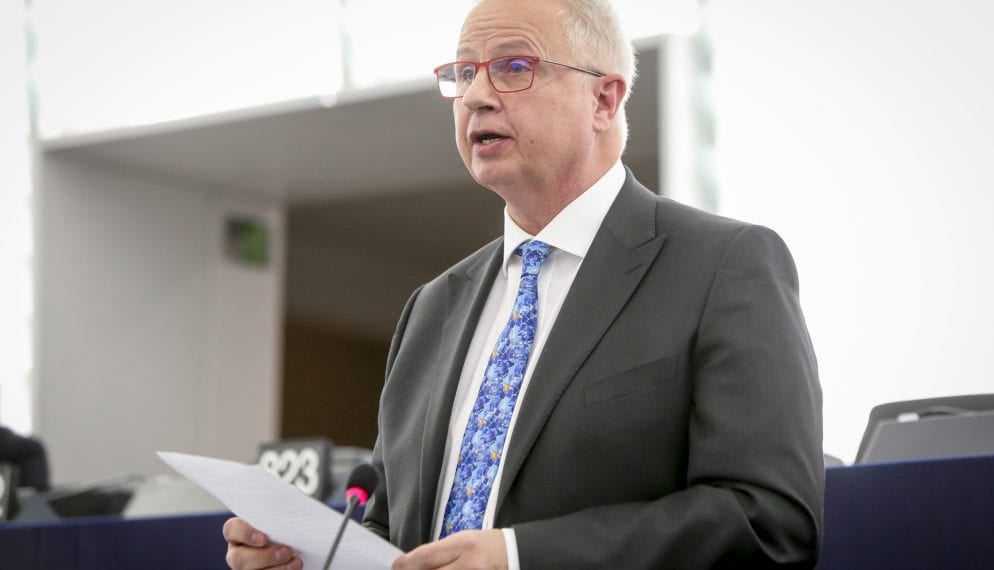
Citizens are more concerned about the Union’s competitiveness and resilience in contrast to institutional issues
2020. 10. 29.
The European Parliament’s Committee on Constitutional Affairs (AFCO) has voted on a report on the review of European elections. In connection with the report, László Trócsányi explained that it should rather focus on the experience of the European elections, and pointed out that EU citizens are not interested in institutional issues such as the transnational list or the introduction of ‘Spitzenkandidaten process’.
Fidesz MEP László Trócsányi welcomed the debate on European elections, as self-reflection and reviewing our successes and failures are particularly important in European democracies. However, he regrets that not all political groups had taken due account of the position of other groups in drafting the report. He stated that the purpose of the report would be to summarize the experiences of European elections and not to promote the reform-efforts of the advocates of the transnational list and ‘Spitzenkandidaten process’, which do not concern citizens. Citizens wish for a European Union that has a competitive, strong economy, a Union that responds appropriately to challenges such as migration, terrorism or job creation.
The report includes lowering the voting age to 16 as a proposal for harmonization for the Member States. According to László Trócsányi, this objective is incomprehensible to a lawyer, as persons under the age of 18 cannot even buy real estate in many Member States without the consent of the guardianship authority. The draft also addresses issues unrelated to European elections, such as reducing the number of Commissioners, which is clearly not in the interest of smaller Member States. It envisages extensions of competences in favor of European institutions, these aspirations have not been preceded by proper preparation or impact assessment, and are even doubtful regarding their compatibility with the Treaties.
László Trócsányi suggested in the Committee on Constitutional Affairs that a substantive, real debate on the practical application of the principles of subsidiarity and proportionality is essential to be organized at the Conference on the Future of Europe. These are existing principles, mechanisms that are not yet used with regard to their full potential.